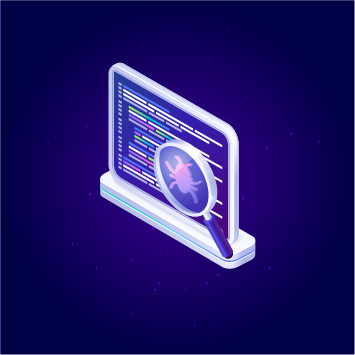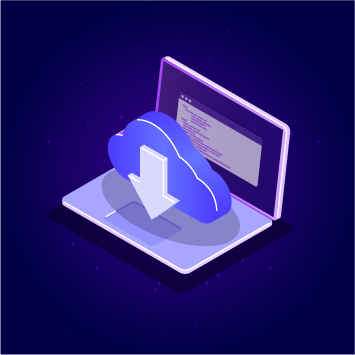Oh, rotating residential IP proxies. The unsung heroes of internet anonymity! They’re like the secret agents of the digital world, slipping in and out of websites unnoticed. But, alas, even James Bond has his limits, and so do these sneaky little proxies. Let’s take a humorous dive into their shortcomings, shall we? 1. "Who Am I Again?" Syndrome Rotating IP proxies are like that one friend who keeps changing their hairstyle every week. Just when you think you’ve got them figured out, BAM! They’re someone else. While this is great for avoiding detection, it’s not so great when websites suddenly get suspicious. “Wait, weren’t you in Canada five seconds ago? Now you’re in Spain?!” Cue CAPTCHA overload. 2. Speed? What Speed? Using rotating residential IP proxies is a bit like driving a car with square wheels. Sure, it’ll get you there eventually, but not without some serious bumps along the way. These proxies rely on residential IPs (i.e., real people’s internet connections), so your blazing-fast internet dreams might get stuck in a traffic jam. Buffering? More like suffering. 3. The "Oops, Blocked Again" Problem Here’s the kicker: not all websites are thrilled about your proxy escapades. Some platforms have ninja-level detection systems that sniff out proxies like a bloodhound on a scent trail. Before you know it, your shiny new IP gets blacklisted faster than you can say “404 error.” It’s like trying to sneak into a party with a fake mustache—cute, but ineffective. 4. Cost: The Wallet Assassin Sure, rotating residential IP proxies sound fancy, but fancy things come with fancy price tags. Free options? Good luck with those—they’re about as reliable as a paper umbrella in a hurricane. Premium proxies, on the other hand, can cost an arm, a leg, and maybe your firstborn child. Okay, maybe not the child, but you get the point. 5. "Shared" Means "Shared" Let’s not forget that many proxy services share their IP pools among multiple users. So while you’re trying to scrape data for your groundbreaking project, someone else might be using the same IP to stream cat videos or shop for inflatable unicorn floats. Talk about mixed priorities! Final Thoughts Rotating residential IP proxies are like that quirky sidekick in every movie—they’re helpful, but they come with their own set of quirks and limitations. They’re not perfect, but hey, neither are we! So if you’re planning to use them, just remember: patience is key, CAPTCHAs are inevitable, and your wallet might cry a little. Now go forth and rotate responsibly! Or don’t—your call.
2025-01-03





